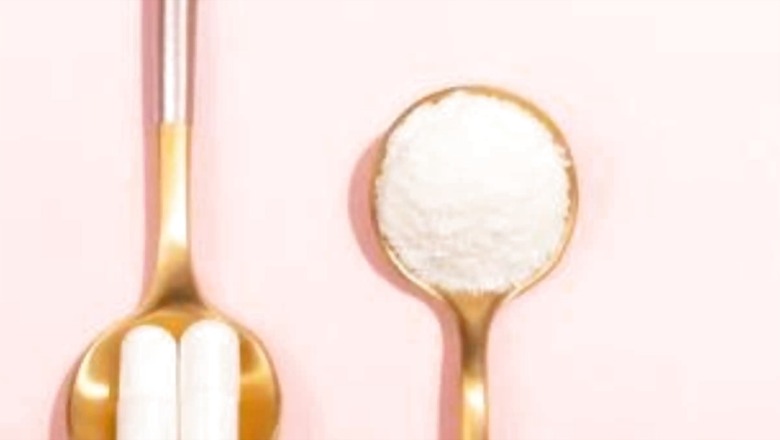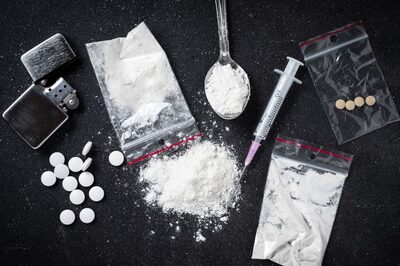
views
A youthful appearance is often considered a reflection of skin health, and various structural proteins & compounds contribute to this. Two critical proteins that give our skin its strength and elasticity are collagen and elastin. Dr Batul Patel, Leading Celebrity Dermatologist, Founder & Medical Director – The Bombay Skin Clinic explains the two proteins and their benefits.
Collagen:
Collagen is the most abundant protein in the skin, making up approximately 75-80% of it. It is responsible for giving the skin structure, firmness, and strength. Young skin is rich in collagen, but as we age, the production of this protein decreases, leading to sagging, fine lines, and wrinkles. Various external factors like sun exposure, smoking, and pollution can accelerate collagen degradation, further contributing to skin ageing. Topical retinoids and vitamin C serums are often recommended to stimulate collagen production, but their efficacy varies from person to person.
Elastin:
Elastin is another vital protein that contributes to skin elasticity. It allows your skin to return to its original shape after stretching or contracting. With age, the elastin fibres in the skin break down, resulting in less elastic and more fragile skin. This process is further exacerbated by UV radiation, leading to the formation of “solar elastosis,” a condition characterised by thickened, leathery skin.
Other Components:
Hyaluronic Acid is another important molecule that helps retain moisture in the skin. A decrease in its levels contributes to dryness and the appearance of fine lines. Antioxidants like vitamin E can counteract oxidative stress, which speeds up skin ageing.
Understanding these key components is crucial in addressing the signs of ageing effectively. Various treatments like laser resurfacing, chemical peels, and even injectable fillers aim to restore some of these lost components, but prevention, primarily through sun protection and a healthy lifestyle, is still the best medicine for youthful skin.




















Comments
0 comment